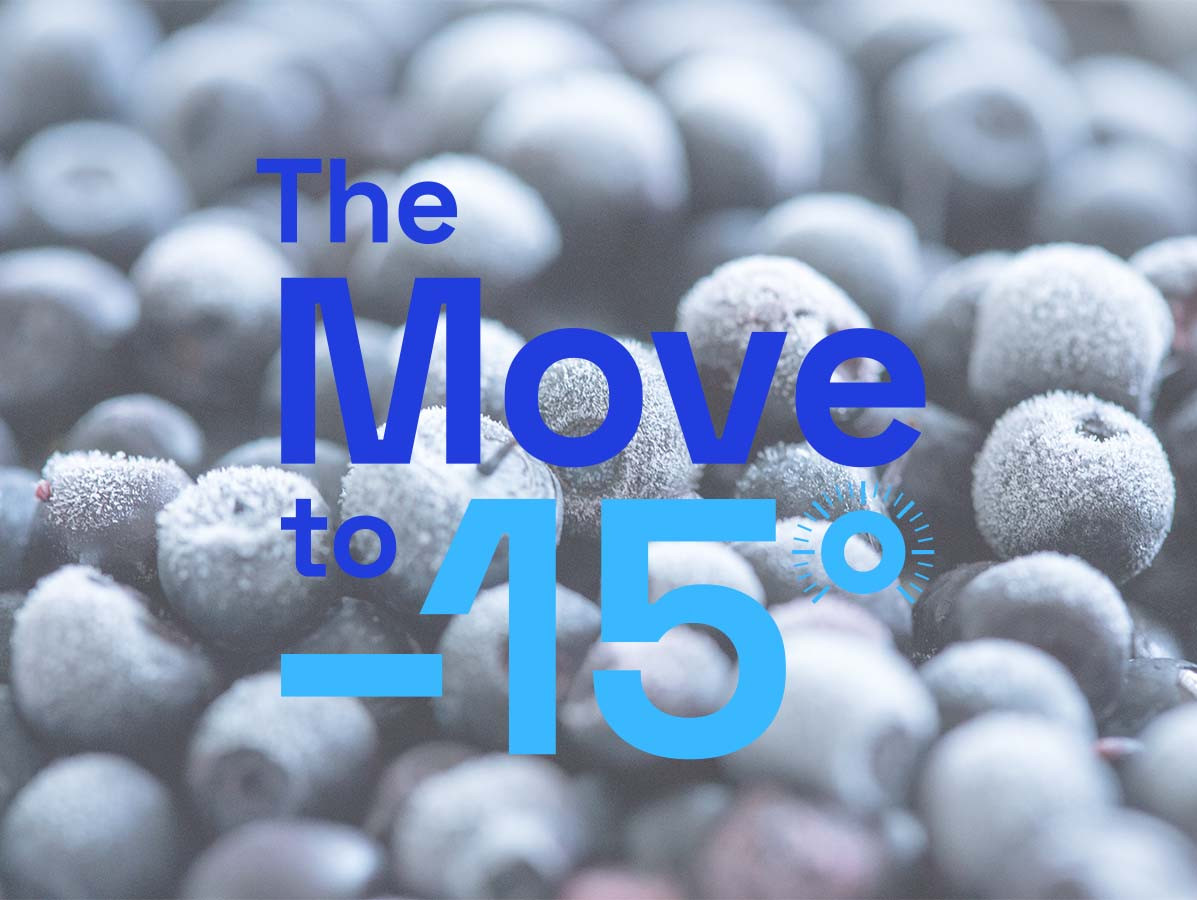
Nomad Foods, known for brands like Birds Eye and iglo, presents the results of a new study on frozen food storage temperatures. Together with Campden BRI, the company investigated whether increasing the storage temperature to -15°C instead of the standard -18°C leads to energy savings without compromising quality.
The eighteen-month study shows that lowering the storage temperature to -15°C reduces freezer energy consumption by 10-11%. This is achieved without noticeable impact on the safety, texture, taste, or nutritional value of the products. The study included nine savory frozen products such as poultry, fish, and vegetables. Temperatures between -18°C and -9°C were tested across eight key factors, including food safety and energy use. The results demonstrated that products stored at -15°C showed no significant changes compared to those stored at -18°C, unless past their best-before date.
Nomad Foods is the first food manufacturer to join the Move to -15°C coalition, launched during COP28. CEO Stéfan Descheemaeker calls on other manufacturers to join. "Frozen food has a smaller ecological footprint compared to other preservation methods. Our study results emphasize the important role frozen food plays in reducing the food industry's impact on climate change."
Descheemaeker stresses that collaboration is crucial. "We cannot do this alone. Therefore, we ask other manufacturers to join us and test the full range of products at higher temperatures."
In 2022, Nomad Foods published a life cycle analysis of their frozen food products, showing that frozen food performs well in terms of CO2 emissions, partly due to lower food waste. With the recent study and call for collaboration, Nomad Foods takes a significant step towards sustainability and innovation in the frozen food sector.
Through this progressive approach, Nomad Foods demonstrates that small adjustments, such as changing storage temperatures, can have substantial benefits for both the industry and the environment.
Source: Nomad Foods